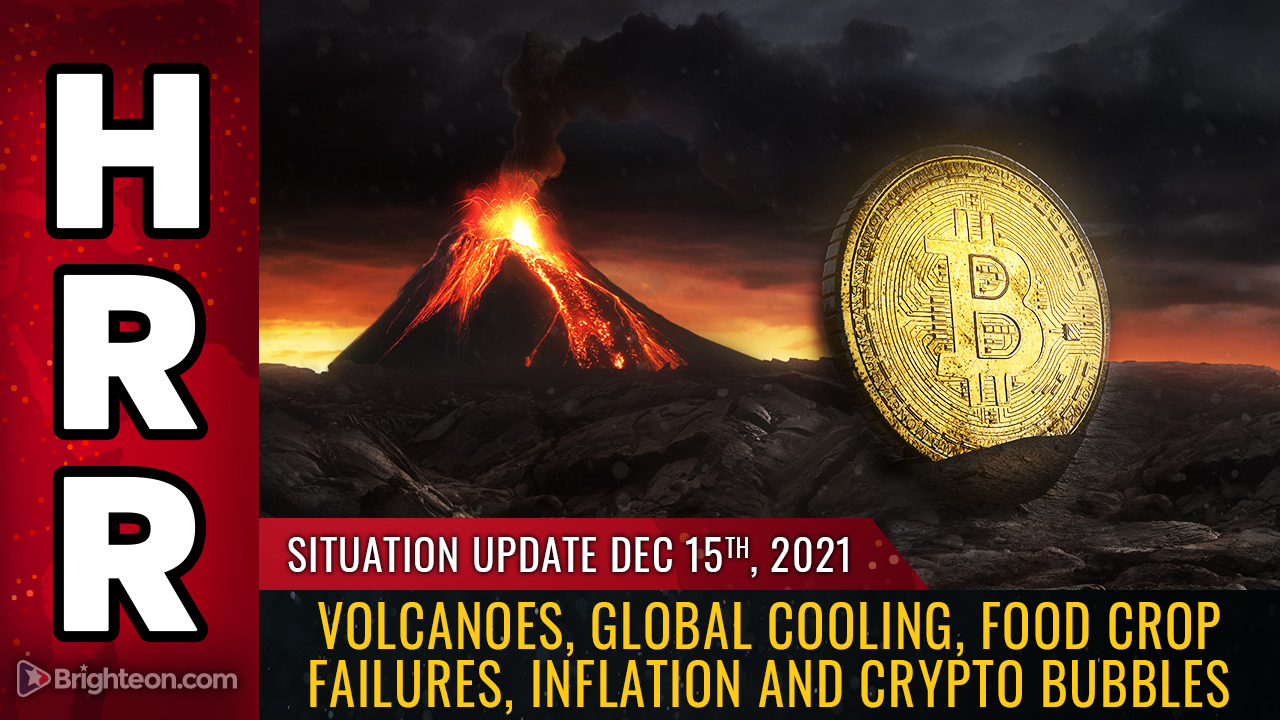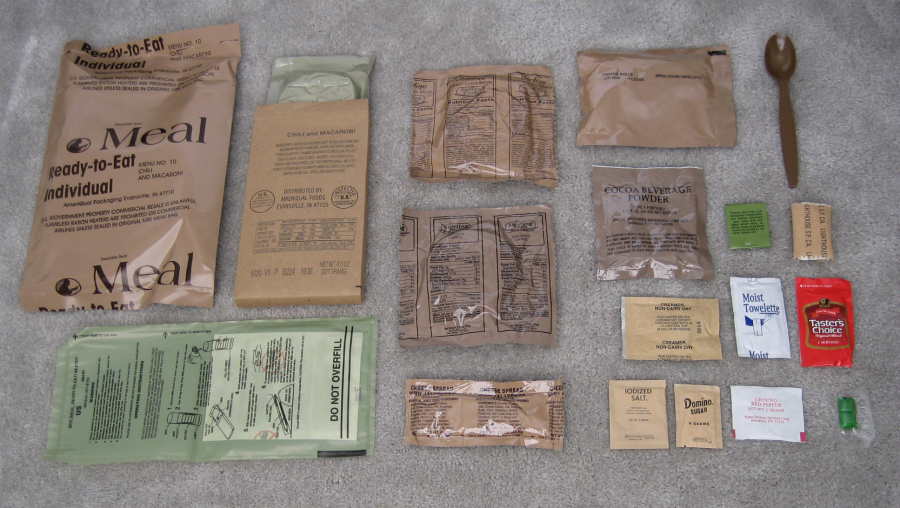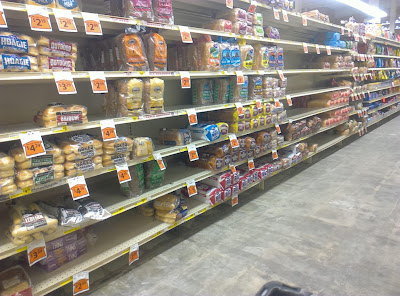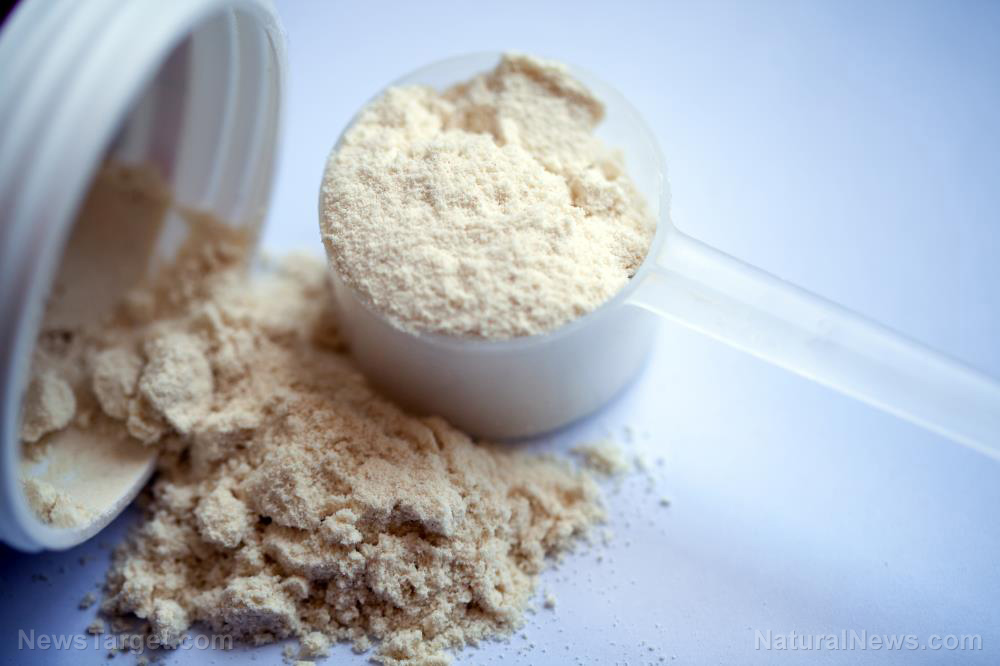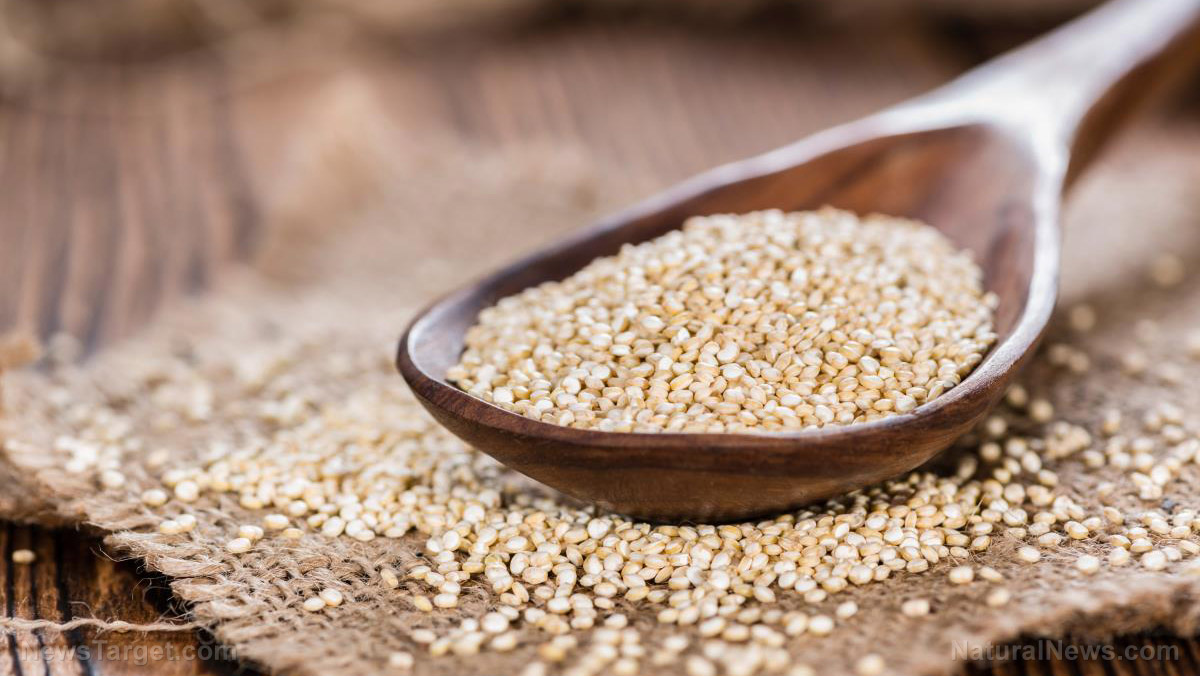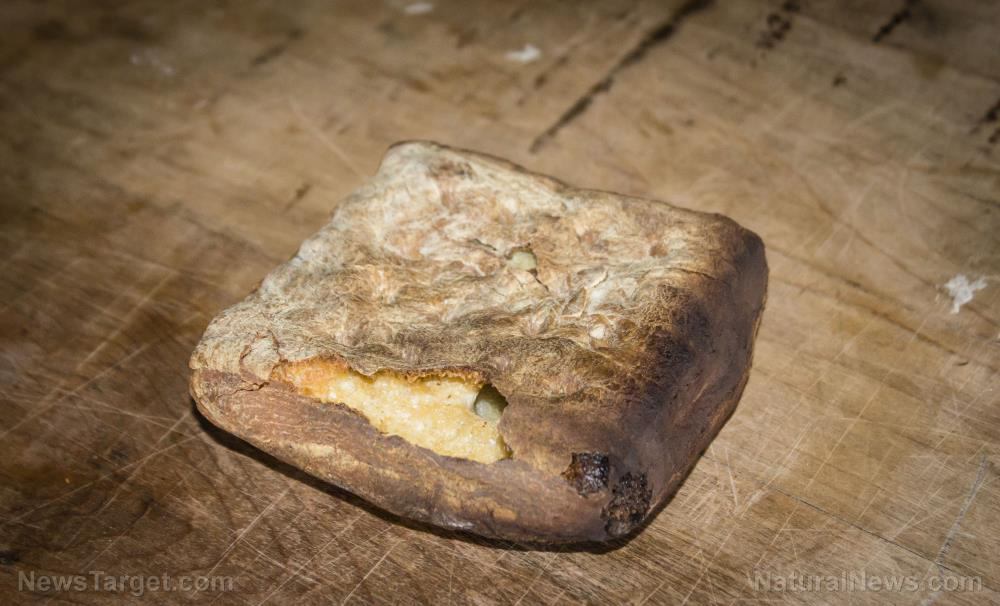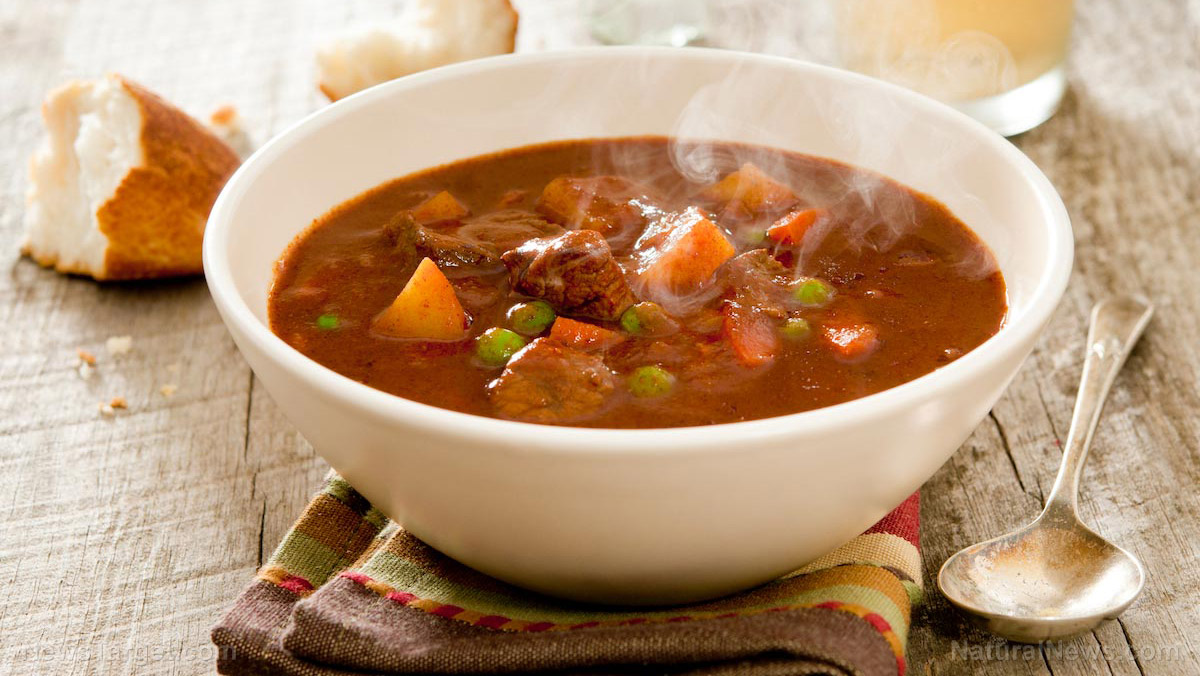Prepping before SHTF: Stock up on supplies now before things get worse later in 2021
08/30/2021 / By Zoey Sky

The coronavirus (COVID-19) plandemic isn’t going away any time soon. And it looks like it’s going to continue affecting the supply chain as author Michael Snyder warns that things will get even worse by the end of 2021.
According to Snyder, who wrote “Lost Prophecies Of The Future Of America,” the inflation the country is currently experiencing can be compared to one that citizens experienced back in the Jimmy Carter era of the 1970s. (h/t to TheEconomicCollapseBlog.com)
Some are even saying that things will get even worse as 2021 nears its end.
If your survival stockpile is running low, it’s useless to wait for prices to get lower than they currently are. You should also keep in mind that these shortages in the economy will get even worse as the year nears its end.
On May 30, 2021, JBS S.A. (JBS) Brazil was hit by a cyberattack that forced the company to stop activity at several plants in American states. JBS, the world’s largest meatpacker, was also forced to halt Australian operations. JBS informed the U.S. government that the ransomware attack on the company disrupted meat production in North America and Australia. Perpetrators were believed to be a criminal organization possibly based in Russia. Within a week, JBS reported that it had made “significant progress in resolving the cyberattack.” In June, the company released a statement saying that the “vast majority” of the company’s beef, pork, poultry and prepared foods plants will resume operation.
The statement aimed to relieve any concerns over rising food prices. (Related: Prepping supplies: 11 Items that are in short supply because of the coronavirus pandemic.)
Union officials reported that on May 31, the attack forced Australian operations to shut down. Meanwhile, JBS stopped cattle slaughter at all U.S. plants on June 1. Andre Nogueira, chief executive of JBS USA, said that the company’s systems are back online and that JBS is using all resources available to deal with the threat. JBS’ North American operations, which are located in Greeley, Colorado, controls an estimated 20 percent of the slaughtering capacity for American cattle and hogs.
Karine Jean-Pierre, White House spokeswoman, said that the United States contacted Russia’s government and that the FBI was looking into the matter. The White House is cooperating with the Russian government to resolve the matter and “delivering the message that responsible states do not harbor ransomware criminals,” concluded Jean-Pierre.
Prepare for inflation by the end of 2021
A lot of products are also often going “out of stock,” and it doesn’t look like this issue isn’t going to be resolved anytime soon. And if products aren’t unavailable in stores, they’re often much more expensive because of increasing demand and companies struggling to meet consumer demands.
Inflation is also another looming threat. Late in May, Costco executives warned the public that inflation will be a major problem for most Americans. Costco reported that it has been seeing accelerating prices across different products such as aluminum foil, shipping containers and a 20 percent spike in meat prices early this year. At Costco’s fiscal third-quarter earnings call, CFO Richard Galanti said that “[i]nflationary factors abound.”
Galanti explained that these factors include “higher labor costs, higher freight costs, higher transportation demand, along with the container shortage and port delays.” At the same time, the company is dealing with increased demand in various product categories.
There are shortages for chips, oils and chemical supplies by facilities affected by the Gulf freeze and storms, along with increasing commodity prices. Costco and other companies also wrestled with passing costs onto customers, resulting in higher product prices.
According to Galanti, price increases as high as eight percent were observed in goods like pulp and paper, various plastic products and food and beverages like cheese and soda. Some apparel items also had price hikes of three to 10 percent.
Galanti said that Costco saw inflation in the one to 1.5 percent range in March to 2.5 percent to 3.5 percent on May 28. He added that Costco did “pretty well in terms of controlling “inflation as best as it could. However, “the inflation pressures abound.” Costco worked with its supplies to keep price pressures manageable. But “some of [inflation] has passed through,” admitted Galanti. He concluded that in the upcoming months items like Costco’s $4.99 rotisserie chicken and $2.99 40-pack case of water could be affected by inflation, concluded Galanti.
Whatever happens next, don’t be complacent. Stock up on survival essentials now and hunker down before SHTF and prices increase even more.
Sources include:
Tagged Under: Collapse, coronavirus, COVID, covid-19, economic collapse, food collapse, food inflation, food supply, groceries, grocery shelves, inflation, Plandemic, preparedness, prepping, raw materials, shortages, SHTF, stockpiling, supply chain, supply chains, survival, survival supplies
RECENT NEWS & ARTICLES
EmergencyFood.News is a fact-based public education website published by Emergency Food News Features, LLC.
All content copyright © 2018 by Emergency Food News Features, LLC.
Contact Us with Tips or Corrections
All trademarks, registered trademarks and servicemarks mentioned on this site are the property of their respective owners.

